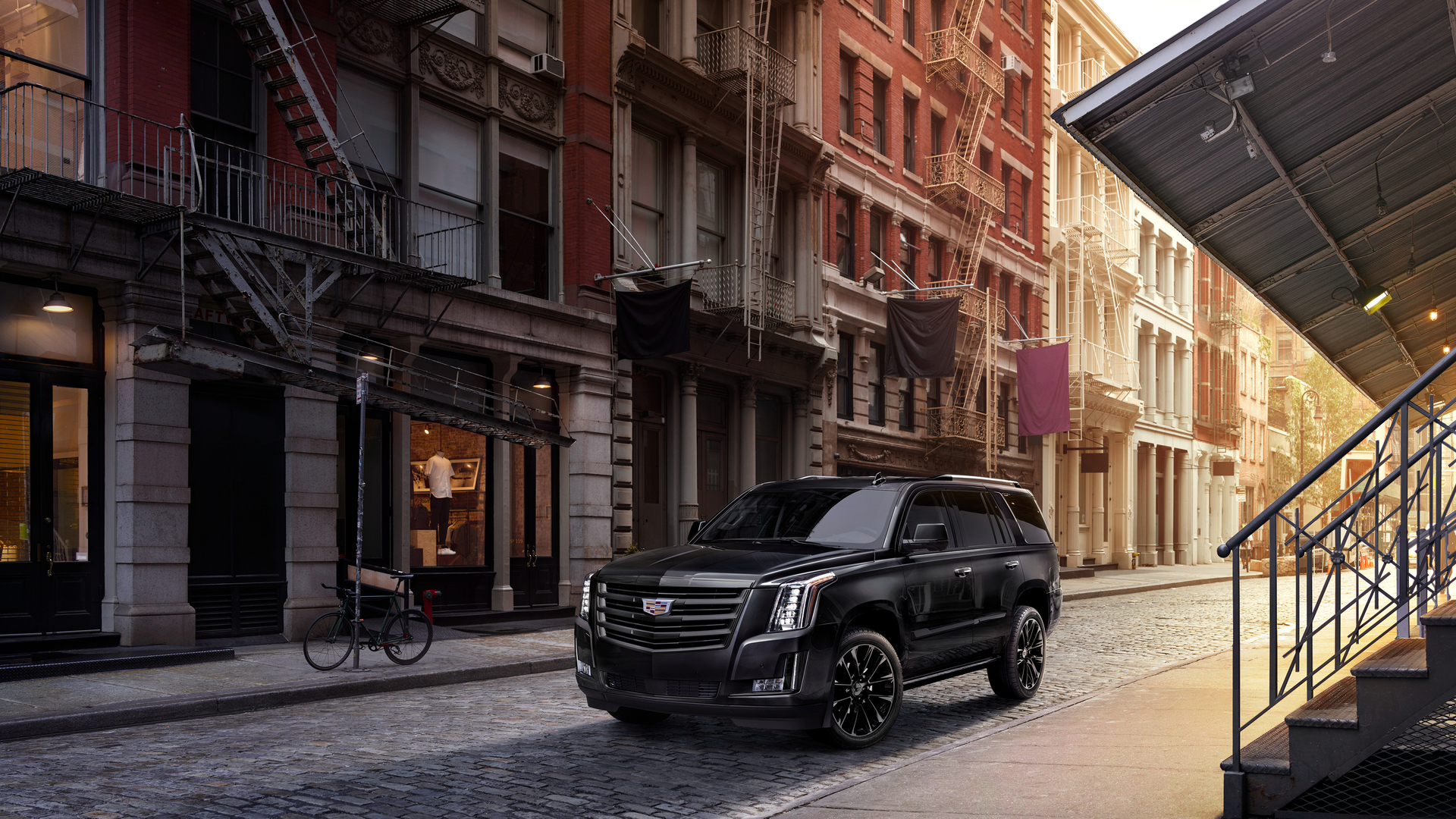

Cadillac’s sales are slipping again, and this time, the head that rolls won’t belong to an executive: It’ll be that of Cadillac’s darling Blackwing engine.
Developed for use in Cadillac’s V-suffixed high-performance models, the Blackwing is a 4.2-liter V8 with twin turbochargers mounted in the engine’s “hot V” for better throttle response. The Blackwing’s host of 21st-century technologies make it mighty for its displacement, with 550 horsepower and 640 pound-feet of torque, and give its only current application—the 2020 CT6-V—the power to rival any sports sedan on the market today. Unfortunately, it sounds as if the CT6-V will be the Blackwing’s only application ever, as a “highly placed source” at General Motors has reportedly told Motor Trend that cost cuts will mean no further Blackwing-powered Cadillacs.
This source reportedly explained that Cadillac planned to use the CT6’s Omega platform as the basis for the XT6 crossover and smaller CT5 sedan. Cost cuts resulting from Cadillac’s slump this decade, however, forced the models onto the established C1XX and Alpha platforms respectively, the former of which is a front-drive base incapable of accommodating a V8. While the latter also underpins the Chevrolet Camaro and can thus accept a V8, the GM official reportedly indicated no Blackwinged CT5-V is on the way.
Cadillac’s flagship Escalade SUV was also reportedly in line to get the Blackwing for a high-performance variant, one reportedly based on a new, full-size truck chassis with independent rear suspension (IRS). Instead, this Bentley Bentayga-lite SUV will reportedly use the 6.2-liter, supercharged LT4 V8 from the Chevrolet Camaro ZL1, whose 650 horsepower and 650 torques would surpass those of the Blackwing.
The Drive reached out to GM for a statement on the future of its Blackwing V8, and we will update when we receive comment.
Though it’s disappointing to hear Cadillac will supposedly orphan an engine with such potential, we can’t help but wonder if it’s for the best, given Cadillac’s history of self-developed V8s. Its rushed High Technology engine series featured an early, imperfect form of cylinder deactivation and garnered a reputation for unreliability before being phased out for the then-revolutionary, now-infamous Northstar. Maybe it’s ideal that GM’s V8 blocks stay small, and their displacements large.
Got a tip? Send us a note: tips@thedrive.com